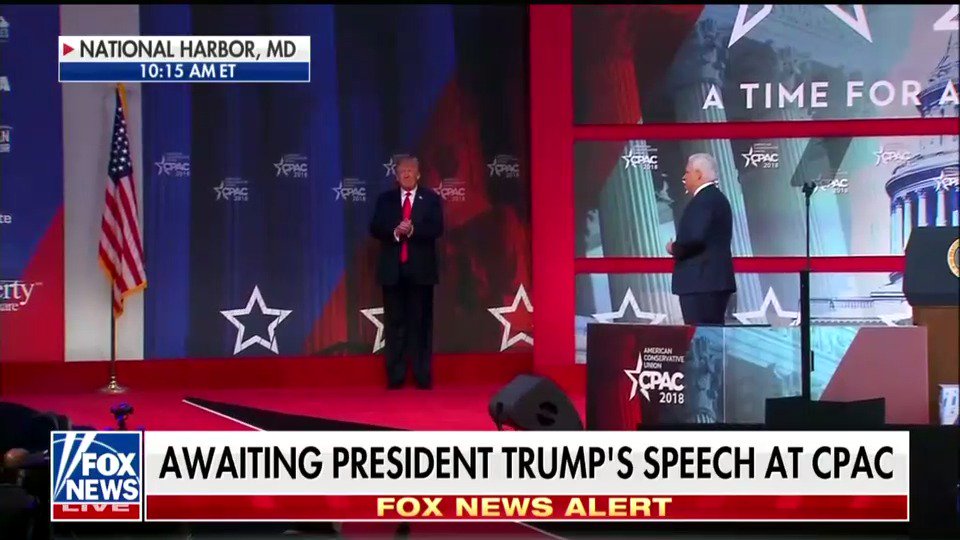Further, it wasn't that many more years later when some states began to transition to a general ticket..
Hamilton even drafted an amendment, In an attempt to fix this. Unfortunately, by then it was already too late. The seats of power within the states...
The overarching intent, beyond the desire balance the powers between Federal & State, and between State & People
It is we the people, not the small group that meets behind closed doors, who should decide our future, our destiny.





